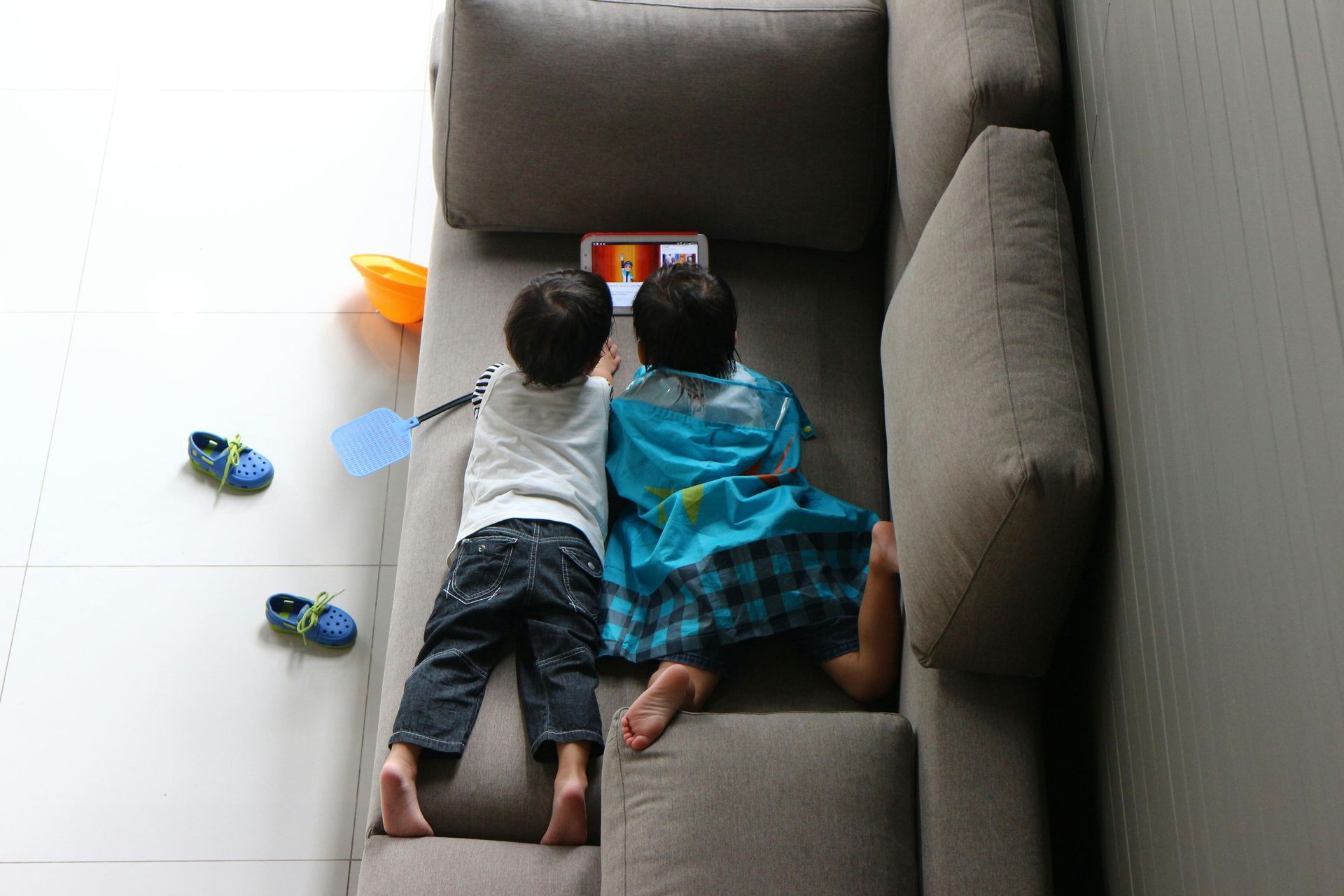Are We Communicating Love or Rejection?

A 2025 news article from Newsweek states that “nearly a third of children are turning to artificial intelligence (AI) for emotional support.” (1)
According to a 2024 article from Yale School of Medicine, “suicide deaths among 10- to 24-year-olds increased by 62% from 2007 to 2021.” (2)
As parents, we want to protect our kids from devastating harm. We hope that our kids will come to us when they have a problem.
While it is normal human development for adolescents to increasingly turn to peers and adults other than their parents as they navigate through their teenage years, we as parents may also unintentionally contribute to the reason why our children are sharing less with us by the way we interact with them. (3)
For example, as well-intentioned parents, we may unconsciously contribute to our children’s increasing academic stress by setting our expectations too high and delivering those expectations in a way that makes our children feel that our love for them is dependent on their academic performance. Such expectations can strain the relationship with our children, creating a disconnection or an emotional distance from them.
As a result of minimal communication and disconnection, it can be easy to miss the signs that our children are having emotional troubles.
With access to AI and social media, and the lack of communication and the disconnect that can result from the way we parent, disconnection with our children can worsen as children turn more to what they see behind the screen. I think we can minimize this, though, if we keep communication open and connect in a way that our children know that we love them unconditionally and that we are their haven.
To improve our connection, we can ask ourselves a few questions:
Although we have the best intentions for our children, do we communicate in such a way that they know it?
We scold or lecture our children because we love them and want them to do better. Do they feel the love that we have for them, or do they feel criticism and rejection?
Are we unconsciously feeding their anxiety to succeed, unintentionally giving them the message that they are not enough or that their worth is dependent upon their academic performance and the college they get into?
If we can communicate our love in a way that our children feel that we understand them, we are looking out for them, they are worthy of our love even when they can’t meet our expectations, and they can express themselves without fear of being blamed, criticized, or shamed, I believe that we can keep communication open and that our children will more likely come to us when they need support or guidance.
Communicating in such a way, however, is not easy, especially when we are under stress and juggling the demands of everyday life. Furthermore, communicating without blaming, criticizing, and shaming does not come naturally to many of us because we were brought up in a household in which our parents did communicate with blame, criticisms, and shaming.
While many of us have followed in our parents’ footsteps, some of us might have learned not to communicate altogether because we want to avoid conflicts.
Fortunately, communicating in a way that delivers love, empathy, and understanding while effectively setting our boundaries and instilling our values in our children, as taught in the curriculum written by the Jai Institute for Parenting (for information about this curriculum, please go to the "Services" page), is a skill that can be practiced and mastered. The curriculum uses the principles from Nonviolent Communication, developed by Dr. Marshall Rosenberg, to teach communication that fosters understanding and strengthens parent-child bonds.
Both my husband and I are constantly trying to improve the way we communicate with our son, making sure that the message we give him is always, “We love you and care so much about you, and that is why we are telling you this.” and not “You are not good enough.”
(1) https://www.newsweek.com/newly-third-kids-now-look-ai-emotional-support-2102492
(2) https://medicine.yale.edu/news-article/youth-suicide-is-on-the-rise-yale-aims-to-save-lives/

Subscribe to my Blog to be notified when there's a new article.

